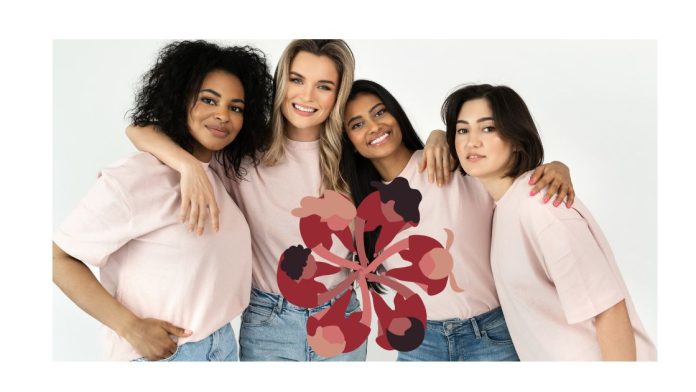In recent years, there has been a noticeable trend of women referring to themselves and each other as “girlies.” On the surface, this term may appear to be a playful or casual expression, but its usage carries nuanced implications tied to identity, humor, empowerment, and the shifting dynamics of contemporary language. To fully understand this phenomenon, it is essential to examine its cultural and social context.
A Linguistic Reclamation
Historically, diminutive terms like “girlie” have been used in ways that belittled women, often implying youth, naivety, or a lack of seriousness. For decades, such terms were commonly employed to undermine women in professional and social settings. The modern usage of “girlies,” however, represents a reclamation of the word. By adopting it voluntarily, women are taking ownership of a term once used to demean them, reshaping its meaning into one of solidarity and camaraderie.
This act of reclamation is not unique to “girlies.” Similar linguistic shifts have occurred with terms like “boss babe” or “queen,” where traditionally gendered language is reframed to emphasize empowerment and self-celebration. By calling themselves “girlies,” women assert their agency to define the terms of their identity.
Humor and Internet Culture
Much of the “girlie” phenomenon is rooted in internet culture, where irony and self-deprecation are central to humor. Platforms like TikTok, Twitter, and Instagram have popularized the term through memes, captions, and viral trends. Referring to oneself as a “girlie” often carries an air of humorous self-awareness, acknowledging the sometimes clichéd or exaggerated aspects of modern femininity. For example, someone might post about their obsession with iced coffee, astrology, or a specific TV show, captioning it with, “Just a girlie thing.”
This humorous usage reflects a broader cultural shift toward embracing authenticity and imperfection. By labeling themselves as “girlies,” women celebrate the quirks and idiosyncrasies that make them unique, often rejecting rigid expectations of what it means to be a “serious” adult. The term becomes a playful nod to shared experiences and cultural touchpoints, fostering a sense of community.
Building Community and Solidarity
The term “girlies” also functions as a marker of inclusion and collective identity. In a world where women often face societal pressures and gendered challenges, referring to each other as “girlies” creates a sense of unity. It signals belonging to a group where individuals support and uplift one another.
This communal aspect is particularly significant in online spaces, where women use the term to connect over shared interests, struggles, or joys. From fandoms to fitness groups, calling each other “girlies” softens interactions and builds rapport. It suggests a casual, friendly tone, making these communities feel approachable and inclusive.
Feminine Empowerment
While “girlies” may sound diminutive, its usage often underscores a form of feminine empowerment. By embracing traditionally feminine traits or interests without apology, women challenge the notion that these things are trivial or inferior. In this context, “girlies” is not about infantilization but about celebrating womanhood in all its forms—whether that’s engaging in “serious” pursuits or enjoying hobbies and habits that bring joy.
For example, the term is frequently used in spaces where women celebrate their achievements, big or small. A “girlie” might refer to herself as such while accomplishing a professional milestone, emphasizing that femininity and success are not mutually exclusive.
Critiques and Limitations
Despite its widespread appeal, the term “girlies” is not without its critics. Some argue that it perpetuates stereotypes about women, reinforcing notions of frivolity or immaturity. Others contend that the term’s lightheartedness can sometimes trivialize serious issues or undermine efforts to be taken seriously in professional or activist spaces.
However, supporters of the term argue that its very informality is what makes it powerful. By choosing when and how to use it, women demonstrate their ability to navigate different contexts and embrace multifaceted identities.
Conclusion
The phenomenon of women referring to themselves as “girlies” is far more than a passing trend. It reflects deeper cultural shifts toward reclaiming language, embracing humor, and building community. Whether used in jest, solidarity, or empowerment, the term speaks to the evolving ways women navigate identity in the modern world. By understanding its layered meanings, we gain insight into the ongoing dialogue about femininity, agency, and self-expression.



